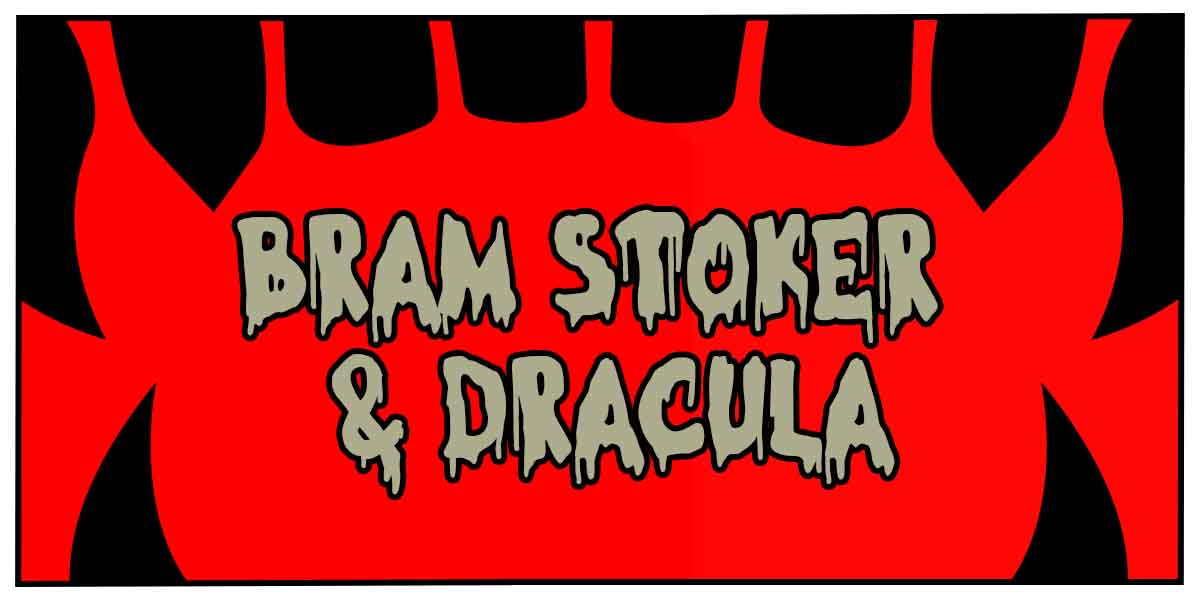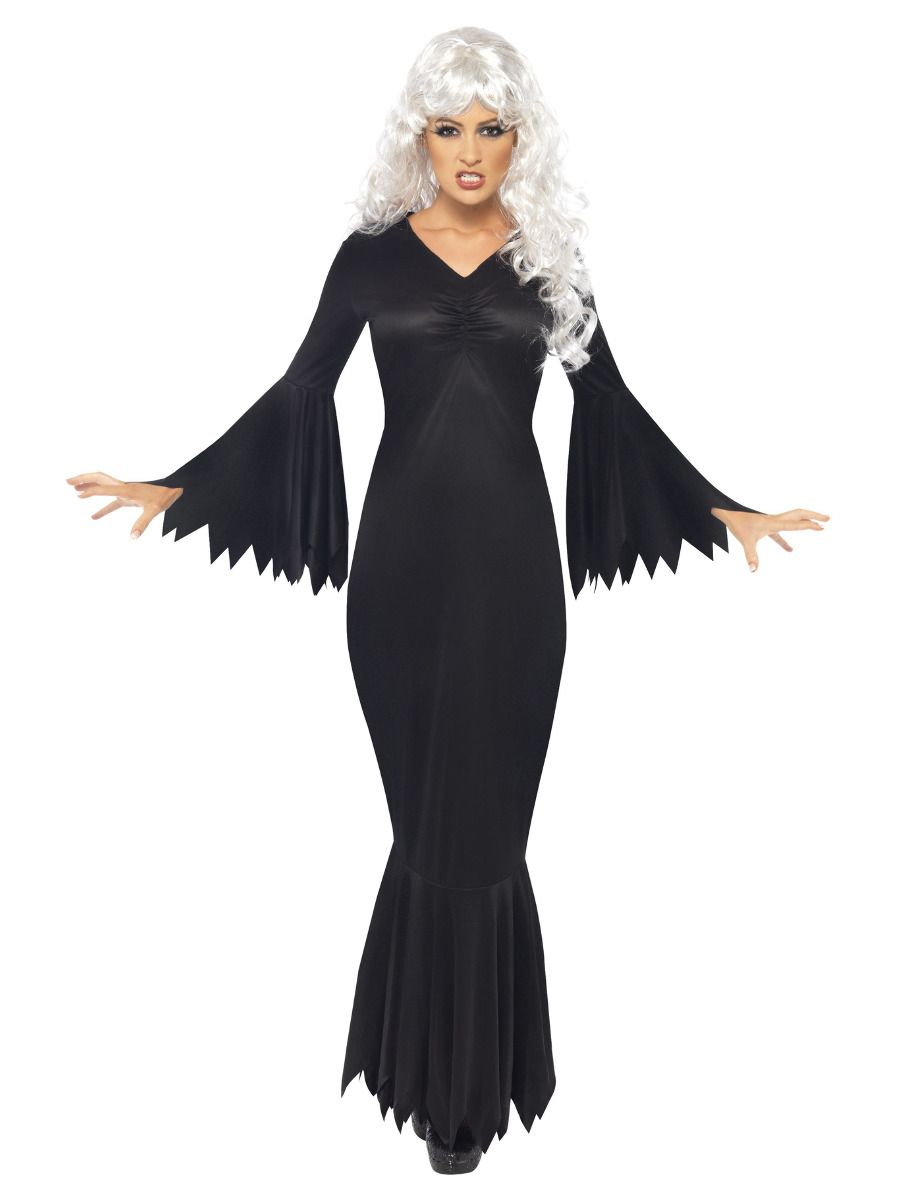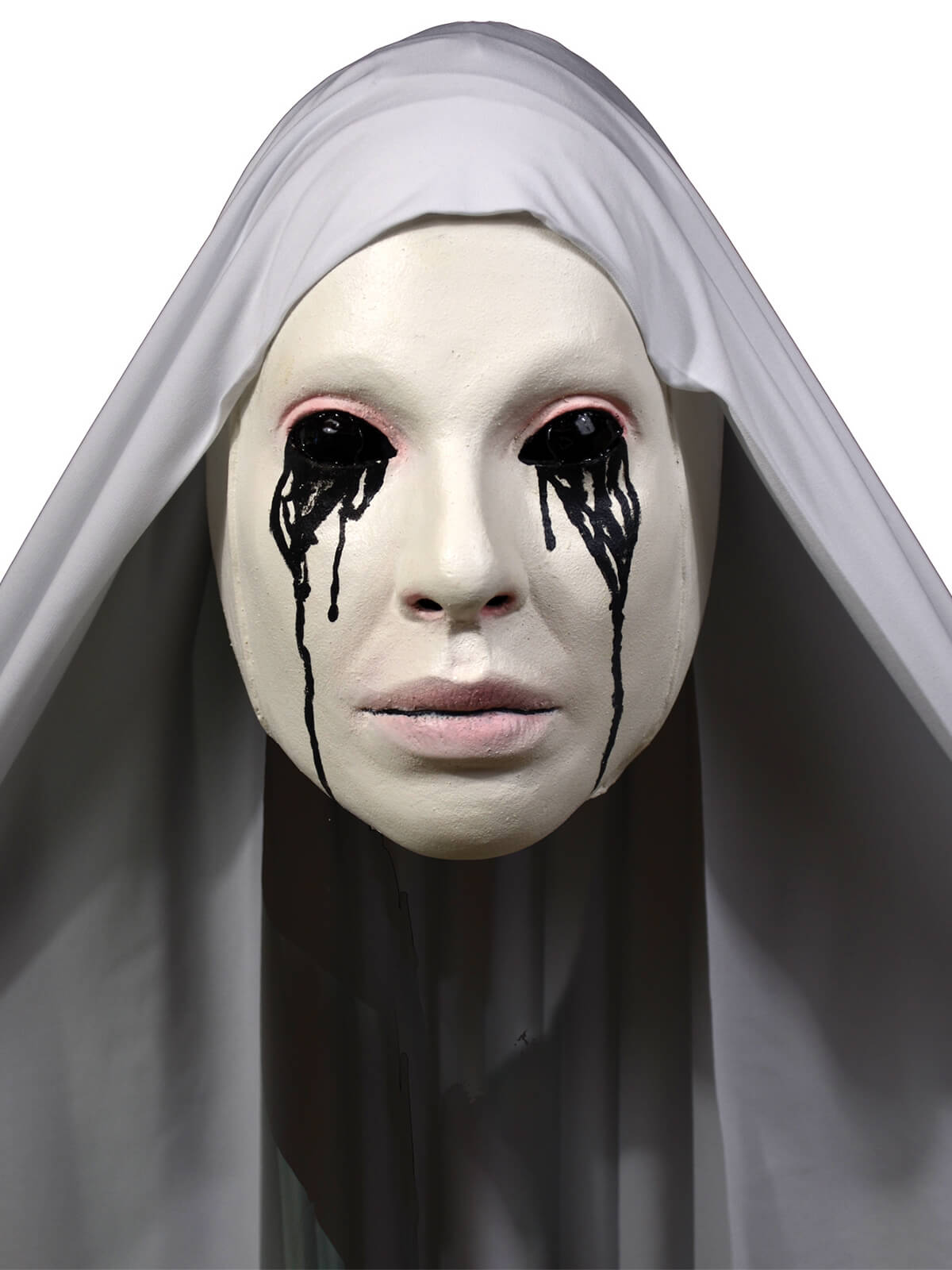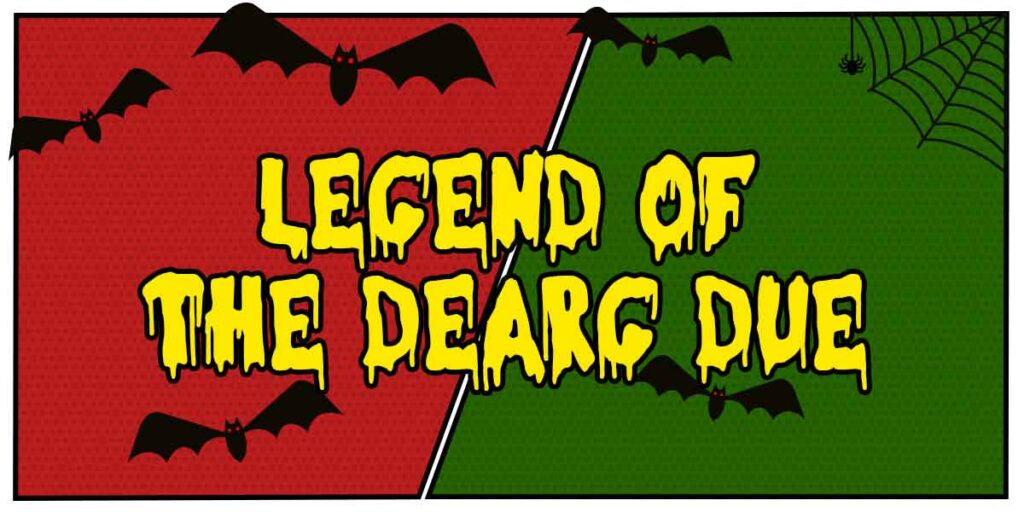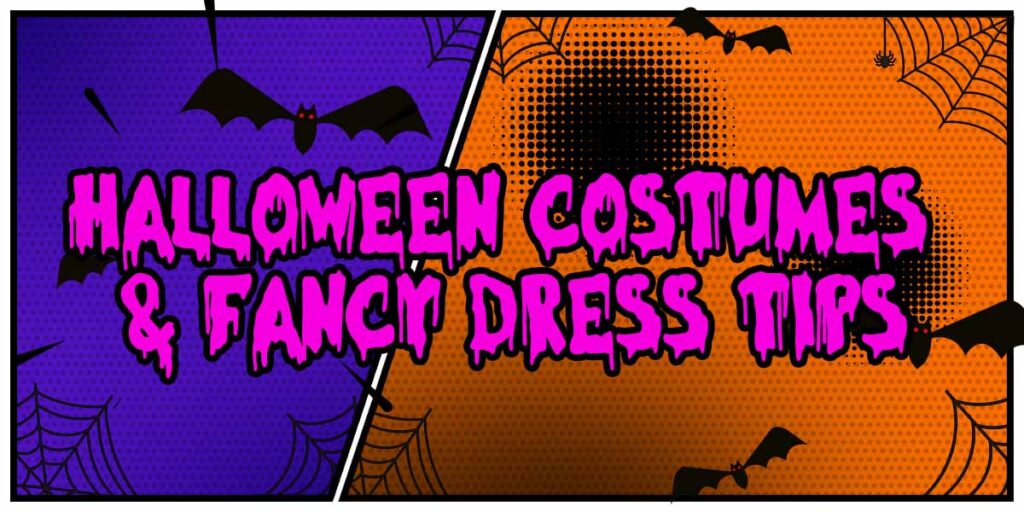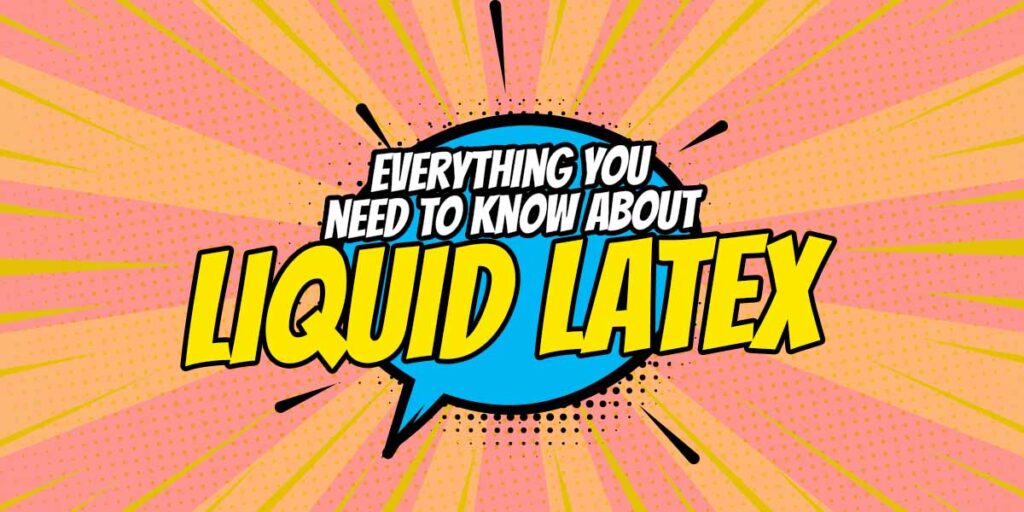Bram Stoker, Dracula, and the Irish Connection
When one thinks of classic horror literature or Halloween Costumes, Bram Stoker’s “Dracula” immediately comes to mind as a cornerstone of the genre. The novel’s enduring legacy has left an indelible mark on popular culture, spawning countless adaptations, reinterpretations, and inspiring generations of writers and filmmakers (as well as who knows how many Halloween vampire costumes). However, what might not be as commonly known is the profound Irish connection that influenced both the author and his iconic work.
The Life and Times of Bram Stoker: An Irish Tale
Abraham “Bram” Stoker was born on November 8, 1847, in Clontarf, a coastal suburb in North Dublin, Ireland. Growing up in a time of political and social upheaval, Stoker’s Irish heritage would play a pivotal role in shaping his perspectives and creativity. Born into a middle-class Protestant family, Stoker’s early years were marked by illness, particularly a childhood bout with a mysterious ailment that left him bedridden. This period of confinement served as a catalyst for his vivid imagination and insatiable appetite for reading (and thankfully not an appetite for blood!).
Stoker’s educational journey took him to Trinity College Dublin near the bottom of Grafton Street, where he excelled in his studies and earned a degree in mathematics. Following his graduation, he ventured into the world of theater and became the business manager for the renowned Lyceum Theatre in London, working closely with the legendary actor and theater manager, Henry Irving. This experience would later influence his writing, particularly in his ability to craft suspense and drama in “Dracula.”
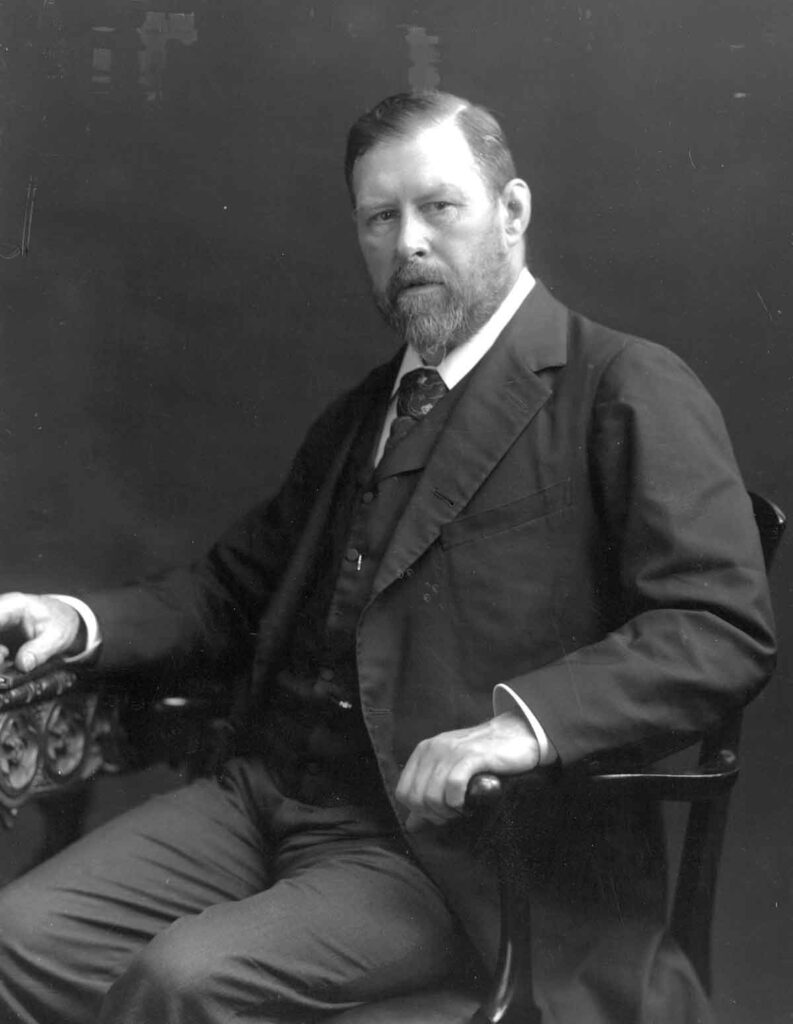
The Birth of a Literary Legend: “Dracula”
Published in 1897, “Dracula” introduced readers to Count Dracula, an enigmatic and malevolent vampire from Transylvania who sets his sights on England with sinister intentions. The novel is presented as a series of journal entries, letters, and newspaper articles, a narrative style that enhances the sense of authenticity and immediacy. Stoker’s use of vivid descriptions, psychological tension, and the juxtaposition of the old world and the modern age contributed to the book’s eerie atmosphere.
While “Dracula” is often associated with Eastern European folklore and the city of London, Stoker’s Irish roots undeniably left their mark on the narrative. The recurring themes of invasion, identity, and the tension between tradition and progress mirror Ireland’s historical struggles during Stoker’s lifetime. Moreover, the character of Dracula can be seen as a metaphorical representation of the Anglo-Irish tensions that simmered beneath the surface during the late 19th century.
Irish Influences in “Dracula”
Several elements of “Dracula” bear the imprint of Stoker’s Irish heritage:
- Gothic Castle and Rural Ireland: The eerie atmosphere of Count Dracula’s castle in Transylvania draws parallels with the isolated landscapes of rural Ireland, which often feature in Irish folklore, Halloween stories, and literature.
- Sense of Identity and Loss: As an Anglo-Irish writer, Stoker grappled with issues of identity, much like Jonathan Harker, the English solicitor who confronts Dracula. Harker’s journey from England to Transylvania mirrors the struggle of the Anglo-Irish to reconcile their dual identities.
- Superstition and Folklore: Ireland’s rich history of superstition and folklore can be felt in the superstitious beliefs and rituals surrounding vampires in the novel and how this all plays into Halloween as an Irish festival.
- Themes of Colonization: Dracula’s intent to establish a foothold in England could be interpreted as a reflection of British colonialism, evoking parallels with Ireland’s own history of colonization.
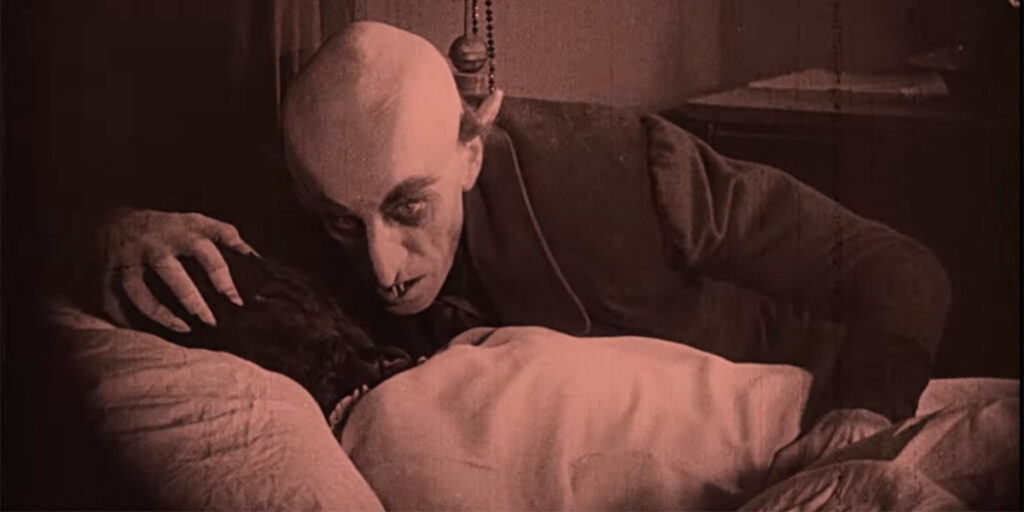
Legacy and Impact
“Dracula” stands as a testament to Bram Stoker’s literary prowess and his ability to interweave his personal experiences and cultural heritage into a gripping tale of horror. The novel’s success transcended its time, and it continues to captivate audiences through adaptations in literature, theater, film, and television.
Bram Stoker’s Irish background infused “Dracula” with a unique perspective, delving into themes of identity, colonization, and societal tensions that continue to resonate with readers today. As we explore the pages of this timeless horror masterpiece, we must not forget the profound influence of Ireland on both the author and his immortal creation, Count Dracula.
There is so much of this book in popular cultural that we have picked one of our favourites below which is Gary Oldman as Dracula as well as a trailer for the 100th Anniversary of Nosferatu.
